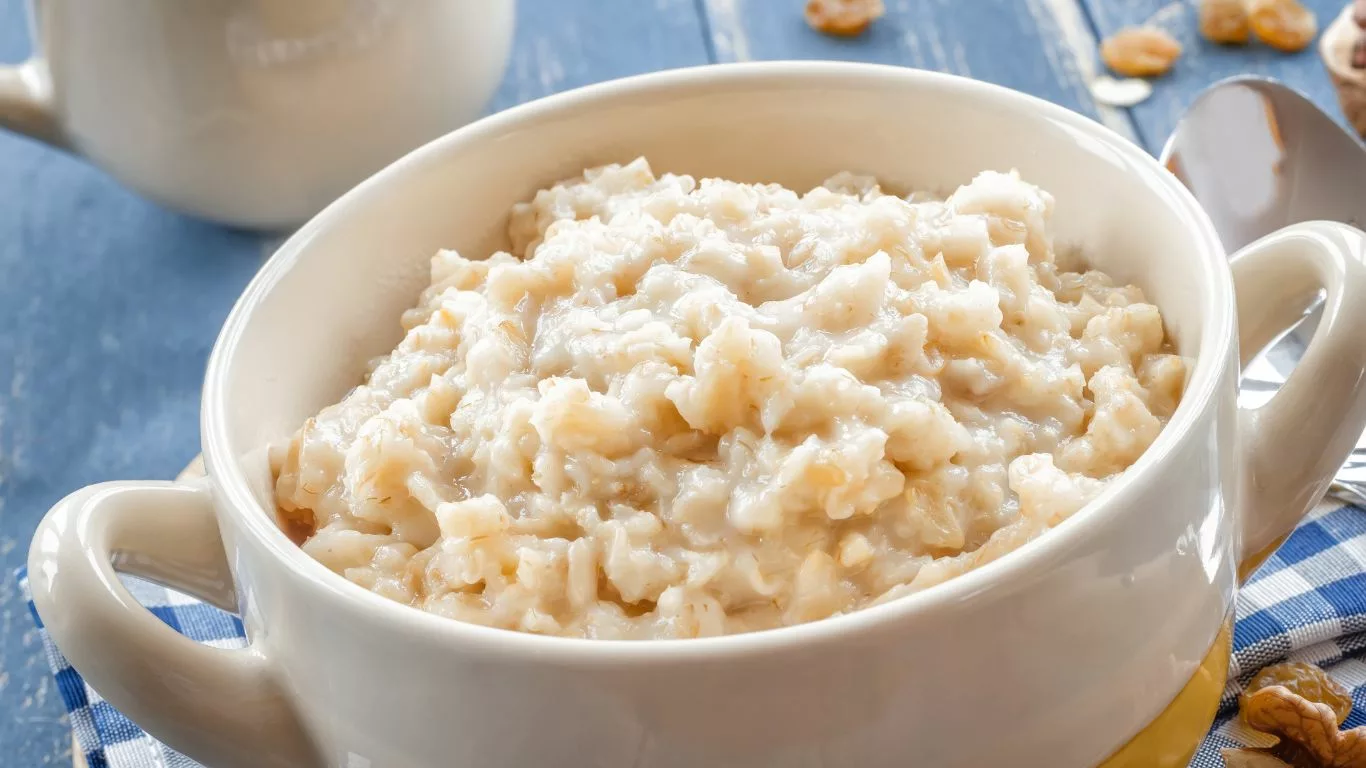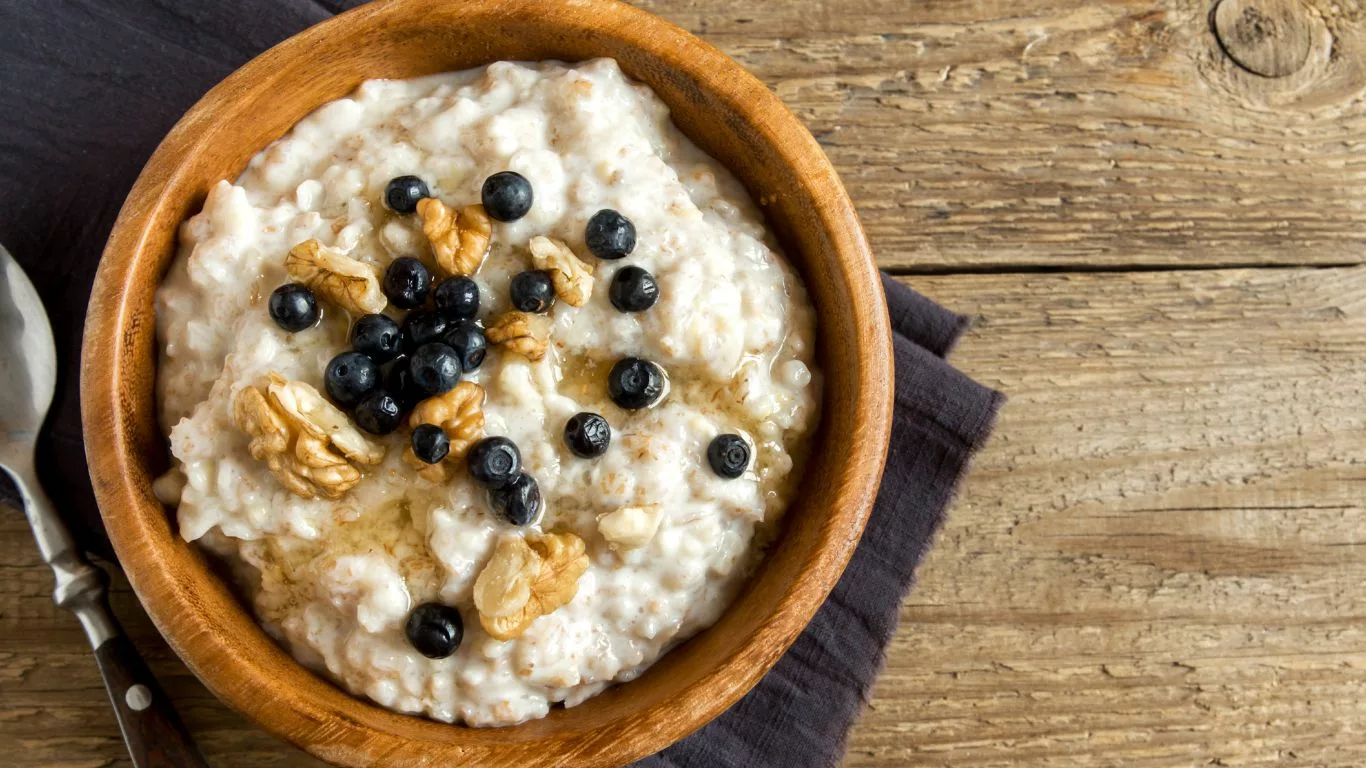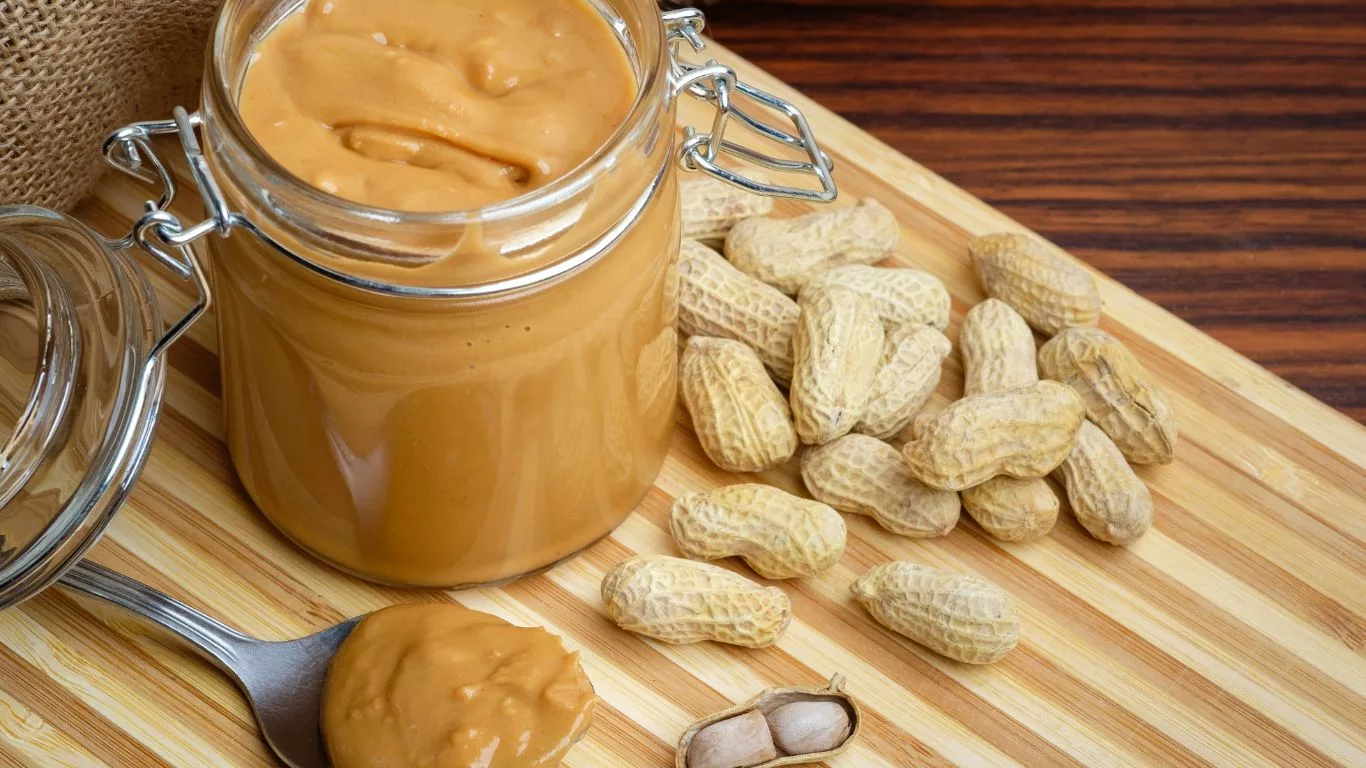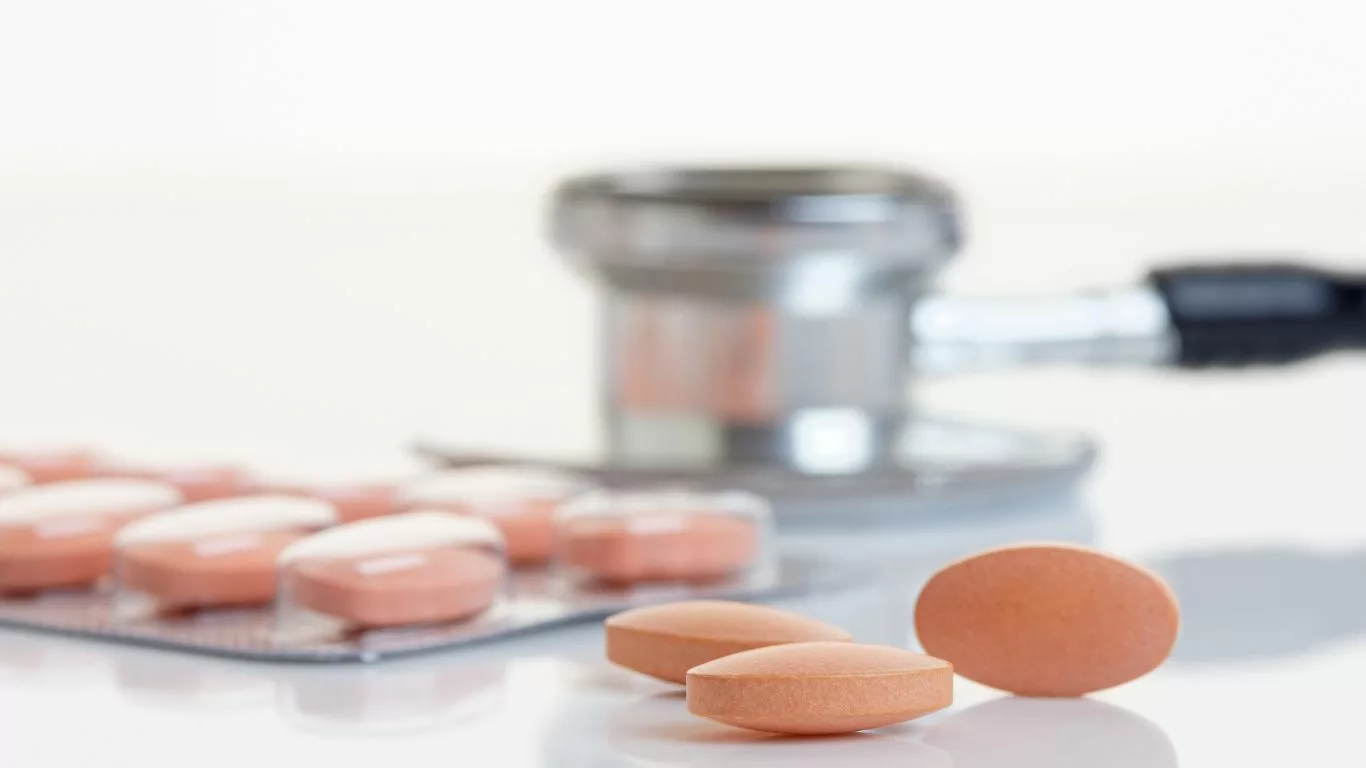Effective Alternatives to Statins for Lowering Cholesterol
What can i take instead of statins to lower cholesterol? Discover powerful alternatives to statins for healthier cholesterol levels. Explore natural options, diet changes, and expert guidance in managing heart health.
Cholesterol management is a pivotal factor in maintaining heart health and preventing cardiovascular diseases. While statins have long been the go-to solution for lowering cholesterol levels, there exists a wide array of effective alternatives. In this comprehensive guide, we will delve into various alternatives to statins, ranging from impactful lifestyle changes and natural supplements to strategic dietary adjustments and herbal remedies.
Introduction
Cholesterol, a lipid molecule, plays vital roles in the body, including cell membrane structure and hormone production. However, an excess of low-density lipoprotein (LDL) cholesterol, often referred to as “bad” cholesterol, can lead to plaque buildup in arteries, increasing the risk of heart diseases. Statins, pharmaceutical agents that inhibit an enzyme involved in cholesterol synthesis, are frequently prescribed to lower cholesterol levels. While effective, statins may come with side effects, and some individuals prefer exploring alternative approaches to cholesterol management.
The Need for Alternatives
Statins are indeed beneficial for many individuals, but concerns about side effects, drug interactions, and personal preferences have prompted the search for alternatives. These alternatives aim to provide effective cholesterol reduction without the potential downsides associated with statin use.

Lifestyle Modifications for Cholesterol Control
Dietary Changes to Reduce LDL Cholesterol
The impact of diet on cholesterol levels cannot be overstated. Incorporating foods rich in soluble fiber, such as legumes, fruits, and whole grains, can significantly reduce LDL cholesterol. Soluble fiber forms a gel-like substance in the digestive tract, binding to cholesterol and aiding its excretion from the body. Additionally, minimizing saturated and trans fats, commonly found in processed and fried foods, can contribute to healthier cholesterol profiles.
Exercise as a Key Component
Physical activity offers multifaceted benefits in cholesterol management. It not only helps raise high-density lipoprotein (HDL) cholesterol, which removes excess cholesterol from the bloodstream, but also aids weight management and improves overall cardiovascular health. Engaging in a combination of aerobic exercises, such as brisk walking or cycling, and strength training can have a positive impact on cholesterol levels.
Stress Reduction and Cholesterol Levels
Chronic stress can lead to elevated cholesterol levels and contribute to heart diseases. Stress triggers the release of hormones that influence cholesterol metabolism. Techniques like meditation, mindfulness, yoga, and deep breathing can mitigate stress and promote healthier cholesterol levels.

Natural Approaches to Lower Cholesterol
Plant Sterols and Stanols
Plant sterols and stanols are structurally similar to cholesterol and compete with it for absorption in the intestines. By blocking cholesterol absorption, they effectively lower LDL cholesterol levels. These natural compounds are found in various plant-based foods, and some products are fortified with higher levels of sterols and stanols to enhance their cholesterol-lowering effects. Clinical studies have shown that consuming 2 to 3 grams of plant sterols or stanols daily can lead to significant reductions in LDL cholesterol levels.
Omega-3 Fatty Acids
Omega-3 fatty acids, abundant in fatty fish such as salmon, mackerel, and sardines, have been extensively studied for their heart-healthy benefits. They not only reduce triglycerides, another type of lipid in the blood, but also have anti-inflammatory properties that can contribute to improved cardiovascular health. Incorporating fatty fish into the diet or taking omega-3 supplements under medical guidance can lead to positive changes in cholesterol profiles.
Soluble Fiber’s Role in Binding Cholesterol
Soluble fiber, found in foods like oats, barley, beans, and citrus fruits, forms a viscous gel in the digestive tract. This gel binds to cholesterol, bile acids, and other substances, facilitating their elimination from the body. Regular consumption of soluble fiber-rich foods can lead to modest reductions in LDL cholesterol levels. Furthermore, these foods offer a range of additional health benefits, including improved blood sugar control and digestive health.
Herbal and Nutritional Supplements
Red Yeast Rice Extract
Red yeast rice extract has gained attention for its potential cholesterol-lowering effects. It contains naturally occurring compounds called monacolins, which inhibit the same enzyme targeted by statins. However, the concentration of monacolins can vary widely among different brands and batches of red yeast rice supplements. Consultation with a healthcare professional is essential before considering this option to ensure appropriate dosing and monitoring.
Harnessing Garlic’s Potential
Garlic, a staple in culinary traditions across the globe, has been studied for its potential impact on cholesterol levels. Allicin, a sulfur-containing compound found in garlic, is believed to contribute to its cholesterol-lowering effects. While research results are mixed, some studies suggest that garlic supplementation may lead to modest reductions in total cholesterol and LDL cholesterol levels. It’s important to note that consuming fresh garlic may offer more benefits than processed garlic supplements.
Berberine
Berberine is a bioactive compound found in several plants, including barberry, goldenseal, and Oregon grape. It has demonstrated potential in improving various aspects of metabolic health, including cholesterol regulation. Berberine works by activating an enzyme called AMP-activated protein kinase (AMPK), which plays a key role in regulating cellular energy metabolism. Research suggests that berberine supplementation can lead to reductions in LDL cholesterol and triglyceride levels. However, like other supplements, its use should be discussed with a healthcare provider.

Dietary Strategies for Cholesterol Reduction
Mediterranean Diet
The Mediterranean diet, inspired by the dietary patterns of countries bordering the Mediterranean Sea, is renowned for its heart-protective benefits. Rich in fruits, vegetables, whole grains, lean proteins, and healthy fats—such as olive oil—the Mediterranean diet offers a comprehensive approach to cholesterol management. The high intake of monounsaturated fats and antioxidants contributes to improved cholesterol profiles and reduced inflammation.
DASH Diet
The Dietary Approaches to Stop Hypertension (DASH) diet was initially designed to lower blood pressure, but it also offers advantages for cholesterol management. The DASH diet emphasizes nutrient-rich foods like fruits, vegetables, whole grains, lean proteins, and low-fat dairy products while limiting sodium intake. Its emphasis on whole foods and avoidance of processed items align with cholesterol-lowering goals.
Embracing Plant-Based Diets
Plant-based diets, such as vegetarian and vegan diets, have gained popularity for their health benefits. These diets prioritize plant-derived foods, including vegetables, fruits, whole grains, legumes, nuts, and seeds, while minimizing or excluding animal products. Studies have consistently shown that plant-based diets can lead to reduced cholesterol levels, particularly when saturated fats from animal sources are replaced with plant-based alternatives.

Incorporating Functional Foods
Oats and Barley
Oats and barley are excellent sources of beta-glucans, a type of soluble fiber with demonstrated cholesterol-lowering properties. Beta-glucans form a gel-like substance in the digestive tract, binding to cholesterol and bile acids and promoting their excretion. Regular consumption of oats and barley, whether in the form of oatmeal, whole-grain bread, or barley soup, can contribute to improved cholesterol profiles.
Nutty Snacks
Nuts and seeds offer a convenient and delicious way to support heart health. They are rich in unsaturated fats, including monounsaturated and polyunsaturated fats, which have been shown to reduce LDL cholesterol levels. Additionally, nuts and seeds provide fiber, plant sterols, and various micronutrients that contribute to cardiovascular well-being. Almonds, walnuts, flaxseeds, and chia seeds are particularly noteworthy choices.
Soy’s Isoflavones and Cholesterol
Soybeans and soy products contain naturally occurring compounds known as isoflavones, which have been associated with favorable effects on cholesterol metabolism. Isoflavones are believed to interfere with cholesterol absorption in the intestines and may also influence cholesterol synthesis. Incorporating soy-based foods like tofu, tempeh, edamame, and soy milk into the diet can contribute to improved cholesterol profiles.

Lifestyle Choices and Cholesterol
Quit Smoking, Lower Cholesterol
Smoking is a major risk factor for heart diseases, and it exerts detrimental effects on cholesterol levels. Smoking damages blood vessel walls, leading to inflammation and plaque buildup. Quitting smoking is a powerful step toward improving cholesterol profiles and overall cardiovascular health.
Alcohol Moderation and Cholesterol
Moderate alcohol consumption has been associated with certain cardiovascular benefits, such as increased levels of HDL cholesterol. However, excessive alcohol intake can lead to higher triglyceride levels and adverse health effects. If you choose to consume alcohol, do so in moderation, adhering to recommended guidelines and considering potential interactions with medications.
Sleep Hygiene and Cholesterol Maintenance
Sleep plays a crucial role in overall health, including cholesterol metabolism. Poor sleep patterns have been linked to unfavorable changes in cholesterol levels. Sleep deprivation can disrupt metabolic processes and lead to insulin resistance, which in turn affects cholesterol balance. Prioritizing good sleep hygiene—establishing a regular sleep schedule, creating a comfortable sleep environment, and practicing relaxation techniques—can contribute to better cholesterol management.

Monitoring and Professional Guidance
While exploring alternatives to statins, it’s essential to engage in regular monitoring of cholesterol levels. Periodic blood tests, which measure total cholesterol, LDL cholesterol, HDL cholesterol, and triglycerides, provide insights into the effectiveness of chosen strategies. Monitoring enables you to track progress and make informed decisions about potential adjustments.
Consulting healthcare professionals, such as primary care physicians, cardiologists, and registered dietitians, is paramount for informed decision-making. These experts can provide personalized guidance based on your health status, risk factors, and preferences. They can also assess interactions between alternative approaches and existing medications, ensuring a safe and effective cholesterol management plan tailored to your individual needs.
It’s important to recognize that individual responses to alternative approaches can vary. What works exceptionally well for one person may yield different outcomes for another. Achieving optimal cholesterol levels often involves a multifaceted approach, combining different strategies and making sustainable lifestyle changes that align with your unique circumstances and goals.
Conclusion
Exploring alternatives to statins for lowering cholesterol offers a realm of possibilities that extend beyond pharmaceutical solutions. From embracing heart-healthy dietary patterns and incorporating natural supplements to prioritizing physical activity and stress reduction, numerous avenues can contribute to improved cholesterol profiles and enhanced cardiovascular well-being.
By empowering yourself with knowledge, making informed choices, and collaborating with healthcare professionals, you can navigate the landscape of cholesterol management with confidence. Remember that small changes can yield significant results over time, and a comprehensive approach to heart health encompasses both prevention and proactive management. Through a combination of strategic interventions and personalized guidance, you can embark on a journey toward achieving optimal cholesterol levels and reducing the risk of cardiovascular diseases.

Appendices
References
- Anderson, J. W., Baird, P., Davis Jr, R. H., Ferreri, S., Knudtson, M., Koraym, A., … & Williams, C. L. (2009). Health benefits of dietary fiber. Nutrition reviews, 67(4), 188-205. https://academic.oup.com/nutritionreviews/article/67/4/188/1901012
- Cholesterol Treatment Trialists’ Collaboration. (2010). Efficacy of cholesterol-lowering therapy in 18,686 people with diabetes in 14 randomised trials of statins: a meta-analysis. The Lancet, 371(9607), 117-125. https://pubmed.ncbi.nlm.nih.gov/18191683/
- Grundy, S. M., Stone, N. J., Bailey, A. L., Beam, C., Birtcher, K. K., Blumenthal, R. S., … & Pasternak, R. C. (2019). 2018 AHA/ACC/AACVPR/AAPA/ABC/ACPM/ADA/AGS/APhA/ASPC/NLA/PCNA guideline on the management of blood cholesterol: a report of the American College of Cardiology/American Heart Association Task Force on Clinical Practice Guidelines. Journal of the American College of Cardiology, 73(24), e285-e350. https://www.ahajournals.org/doi/10.1161/CIR.0000000000000625
- Kris-Etherton, P. M., Harris, W. S., & Appel, L. J. (2002). Fish consumption, fish oil, omega-3 fatty acids, and cardiovascular disease. Circulation, 106(21), 2747-2757. https://www.ahajournals.org/doi/full/10.1161/01.CIR.0000038493.65177.94
- Liu, L., Zhao, S. P., & Gao, M. (2013). Berberine decreases cholesterol levels in rats through multiple mechanisms, including inhibition of cholesterol absorption. Metabolism, 62(7), 917-922. https://pubmed.ncbi.nlm.nih.gov/25002181/
- Micha, R., Peñalvo, J. L., Cudhea, F., Imamura, F., Rehm, C. D., & Mozaffarian, D. (2017). Association Between Dietary Factors and Mortality From Heart Disease, Stroke, and Type 2 Diabetes Mellitus: A Systematic Review and Meta-analysis of Prospective Cohort Studies. Circulation, 133(2), 187-225. https://jamanetwork.com/journals/jama/fullarticle/2608221
- Zhang, J., Tang, X., Du, R., Wang, N., Zhang, L., & Yang, J. (2015). Plant sterols and their derivatives: the current status and potential health benefits. Food & Function, 6(3), 839-849. https://pubmed.ncbi.nlm.nih.gov/11281249/
FAQs
What are statin alternatives?
Statin alternatives are various approaches and strategies used to lower cholesterol levels without relying solely on statin medications. These alternatives include lifestyle changes, dietary adjustments, natural supplements, and more.
Can natural supplements effectively lower cholesterol?
Natural supplements like plant sterols, omega-3 fatty acids, and red yeast rice extract have shown promise in reducing cholesterol levels. However, their effectiveness can vary from person to person, and it’s important to consult with a healthcare professional before using them.
Is the Mediterranean diet suitable for cholesterol management?
Yes, the Mediterranean diet is widely recognized for its positive impact on heart health. Its emphasis on whole foods, healthy fats, and plant-based ingredients contributes to improved cholesterol profiles.
What role does exercise play in cholesterol management?
Regular physical activity, including both aerobic and strength exercises, can raise “good” HDL cholesterol levels and contribute to overall cardiovascular health. Exercise also supports weight management and reduces inflammation.
Disclaimer: The information provided in this article is for educational purposes only and should not be considered as medical advice. Individuals seeking to manage their cholesterol levels or explore alternatives to statins should consult with qualified healthcare professionals before making any significant changes to their diet, lifestyle, or medication regimen. The effectiveness of alternative approaches can vary based on individual health conditions, and personalized guidance is essential to ensure safe and effective management of cholesterol and overall health.

Camellia Wulansari is a dedicated Medical Assistant at a local clinic and a passionate health writer at Healthusias.com. With years of hands-on experience in patient care and a deep interest in preventive medicine, she bridges the gap between clinical knowledge and accessible health information. Camellia specializes in writing about digestive health, chronic conditions like GERD and hypertension, respiratory issues, and autoimmune diseases, aiming to empower readers with practical, easy-to-understand insights. When she’s not assisting patients or writing, you’ll find her enjoying quiet mornings with coffee and a medical journal in hand—or jamming to her favorite metal band, Lamb of God.








